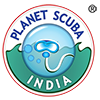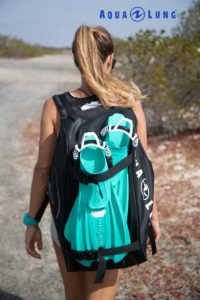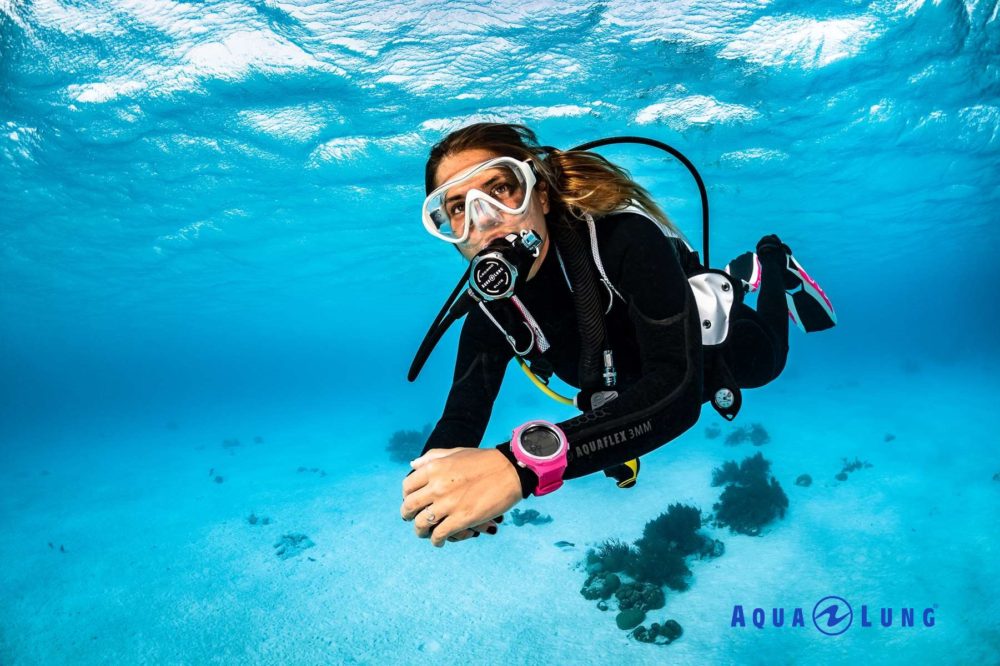
It is a common dilemma: should you buy your own scuba diving equipment in India or continue renting your dive gear. If you think you’d like to buy scuba gear, you may be asking yourself: ‘when is the right time to buy?’ Or ‘which dive equipment is the most important to purchase first?’ Or even, ‘is it more essential to buy now due to Covid-19?’
Buying your own scuba diving equipment is an investment. Hence, it is important to look at all of the options before making a decision that is right for you personally. After all, there is no one universal answer. But there are some good guidelines to help you reach your decision. Here are some pros, cons and suggestions for both new and experienced scuba divers to help you navigate your way around the scuba diving equipment store!
Buying vs renting scuba diving equipment in India
It is not necessary to have your own scuba diving equipment if you plan on going diving with a certified dive center. However, there are some exceptions such as:
- Professional divers who may be required to have their own scuba gear for work
- Divers who have special fitting requirements
- Scuba adventurers planning trips to remote destinations (or on some liveaboards) that require you to supply at least your own basics dive equipment. These include mask, snorkel, fins and wetsuit.
It is not imperative to buy scuba equipment due to Covid-19. However, everyone has different comfort levels regarding buying versus renting. If you do not feel comfortable renting gear, you may wish to purchase key items such as a mask, snorkel, regulator mouthpiece, rashguard and wetsuit. Today, most scuba divers in India, and even snorkelers, prefer owning at least the key dive equipment. Quite a few scuba divers in India are even choosing to purchase their own regulators right now.
On the other hand, if you feel comfortable renting dive gear, you should check the precautions your chosen dive center is taking to prevent the spread of Covid-19 via their rental equipment. The Divers Alert Network (DAN) has published guidelines for dive centers. It details how to care for rental gear and how to correctly disinfect equipment between uses.
At Planet Scuba India, we not only meet these guidelines, we exceed them! We are taking the utmost safety measures to disinfect our equipment. Both our rental scuba gear, as well as dive equipment that is being serviced by us. (You can find additional details here.)
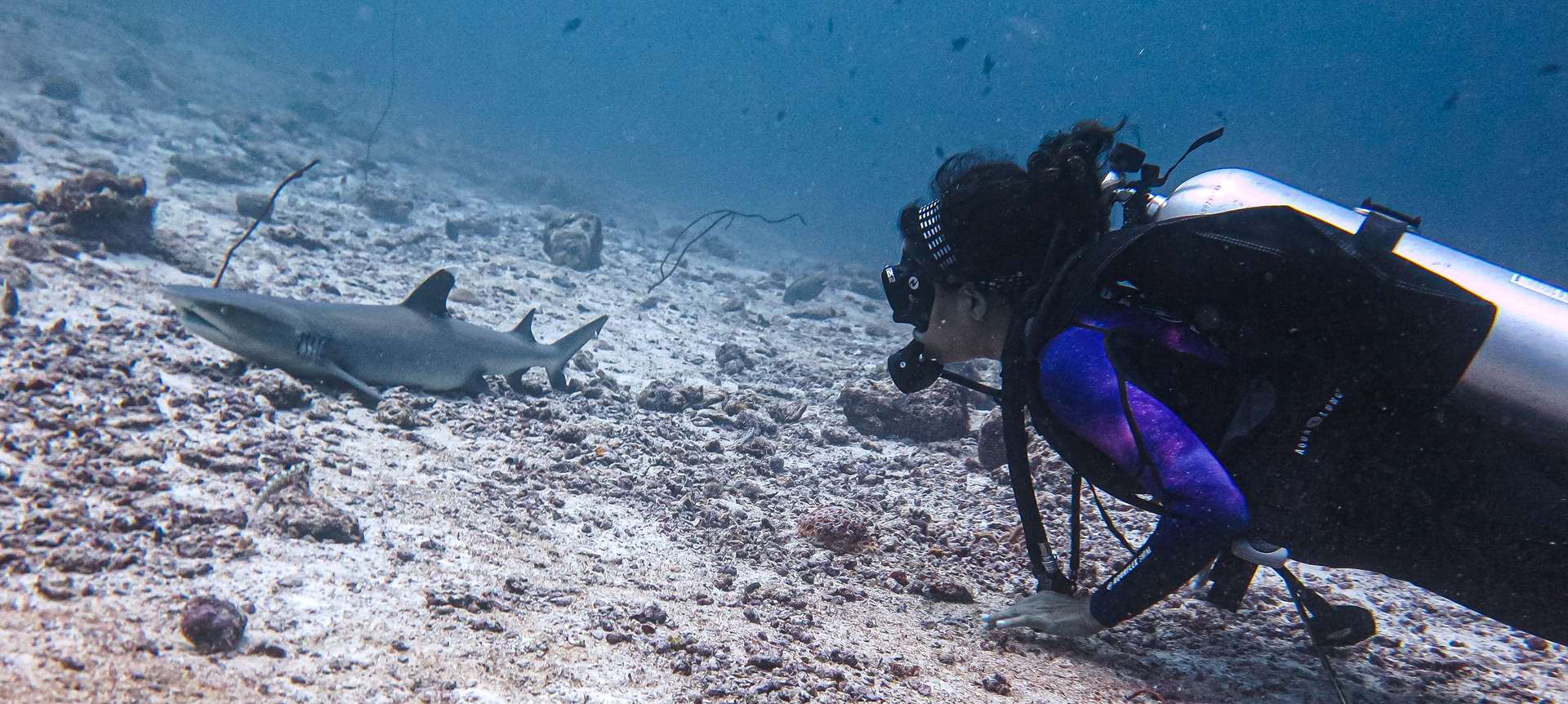
The pros of buying your own dive gear
There are numerous plus points to owning your own dive gear, these include:
1. Comfort & fit
When you buy your own scuba gear, you’ll take some time trying on different sizes and styles. You will make sure that you get the fit that is most comfortable for you. This is important – a badly fitting rental BCD or a leaking mask can really take away from your diving enjoyment.
2. Safety through familiarity
When you have your own dive equipment, you get familiar with it. You know exactly where everything is, which increases your safety. Your SMB is always in the same pocket. You know where you have hooked your alternate air source. And it is easy to locate your other accessories.
3. Long-term savings
Equipment rental prices can vary considerably, depending on where you are diving. When going on longer dive holidays, gear rental can make a sizable difference to the overall cost of your trip. Especially if you are planning on diving every day.
At Planet Scuba India, our PADI courses (up to and including PADI Rescue Diver) include equipment rental in the price.
4. Trust
Owning your diving equipment in India, or anywhere else in the world, means that you know its service history. Since you alone are using it, you know that it has been well looked after. At Planet Scuba India, all of our rental gear is either new or well-maintained. We follow a thorough maintenance schedule. We are an Aqua Lung Partner Dive Center. This means we have trained technicians on site to service Aqua Lung, Apeks and the other equipment brands we represent. You can rest assured that your scuba gear is being professionally serviced.
5. The right item for the job
Some divers have specific scuba equipment requirements, which may not be guaranteed if you are renting. For example, an underwater photographer may need large BCD pockets to store interchangeable wet lenses. You often have limited options when renting gear. It is best to buy your own dive equipment to avoid being disappointed. Especially if you have special requirements.
6. Multi-purpose
Not all diving gear is only for scuba diving. Your mask, snorkel and fins double up as snorkeling gear for your next beach holiday. Wetsuits can be used for other water sports. Rashguards can be used while swimming in the pool to avoid sunburn. Many dive computers also include free-diving modes.
7. Dive computers
Each dive computer has different settings, buttons, menus, functions and algorithms. It can be both frustrating and time consuming to try and figure out a different model of rental computer each time you go diving. More importantly, it can also potentially compromise your safety. More so if you do not fully understand the information on the display. Owning your own dive computer means you will get to know how it works. Also all of the dives stored in its memory will be your own dives. Many computers also link up to apps and/or your laptop so you can transfer your logged dives instantly.
The pros of renting your scuba gear
1. Baggage allowance
Consider your baggage allowance if you are planning on going diving on holidays. Some airlines provide additional allowance for scuba gear. However, if they don’t, you could be charged for excess baggage at the airport. That said, quite a few companies have come out with lightweight scuba gear that’s perfect for travel.
2. Different locations, different requirements
That 3mm shortie you love may be great when you are scuba diving in India or in the tropics. But what about when you travel to cooler waters?!
3. Maintenance & servicing
You need to look after your scuba equipment, and this extends beyond rinsing it after diving. Dive computers need battery changes. BCD inflator hoses need to be cared for. Regulators need servicing and parts (especially O-rings) need replacing periodically. We, at Planet Scuba India, are currently offering free servicing on Aqua Lung and Apeks diving equipment in India. So that you can take that giant leap into the blue without stressing about your gear. For details, click here.
4. Storage
You will need somewhere to store your equipment at home when you are not using it. This should be somewhere cool and dry, where it can be hung up or laid flat.
5. Try before you buy
Here’s the kicker with scuba gear: in most dive stores, you can try the gear on in the shop, but not in the water! One way around this is to note down the rental gear that you really like. Record the manufacturer and model name (and size) and start creating a wishlist.
6. Finances
There is no way around this one; buying a full set of gear is a big investment.
Important: If you decide to buy your own scuba gear, only buy it from a reputable dealer and follow the manufacturers’ instructions. Keep your receipts, warranties, guarantees.
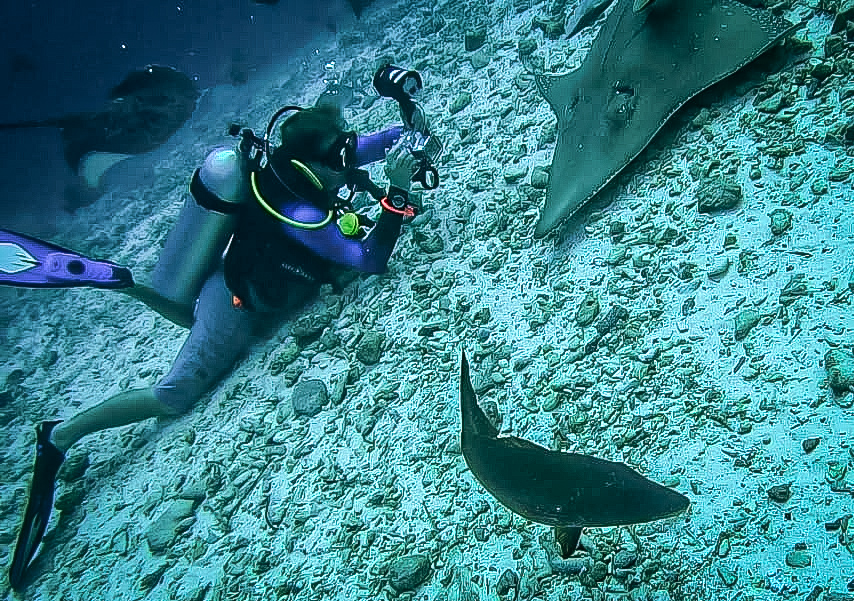
Scuba diving equipment in India & Covid-19
To ensure the safety of our staff and scuba divers, at Planet Scuba India, we have implemented additional disinfection measures post the onset of Covid-19, especially with regards to our rental equipment. All rental equipment will be thoroughly disinfected after each use. The entire regulator system including the primary and the alternate air source will be disinfected, as will the BCD oral inflator and the internal bladder.
For scuba divers who prefer to purchase their own equipment, we have a well-stocked dive store comprising the best scuba diving equipment in India, from the best brands from around the world. Our experienced staff are on hand to offer any advice regarding fit, suitability and compatibility of your scuba gear purchase.
Have some more questions about diving equipment in India? Simply drop us an email at holidays@planetscubaindia.com or sales@planetscubaindia.com. You could also just fill in our online contact form here, and we will get right back to you!
We look forward to diving with you soon!
Text: Sarah Wormland, PADI (with inputs from Planet Scuba India)
The value of owning your own Scuba equipment
There are many advantages to owning your own dive equipment. Just as in any sport, once you have a personal set of equipment, you tend to use it more often and also get better at what you are doing with it. Familiarity with a personal set of scuba gear means greater comfort and a better dive experience. In a practical sense, being unsure of the quality and fit of the scuba equipment you rent can always be a nagging problem you may have to deal with time and again. It is a sigh of relief if you dive frequently, and having that level of comfort knowing it is your own gear can make a lot of difference to your dive experience. More importantly, it can help you avoid an emergency situation.
Safety if an emergency arises
From a safety perspective, owning your own gear ensures you know how to manipulate it in an emergency – ditching weights for example. Get to know your gear: practice adjusting it and ask your PADI Instructor for recommendations. By consistently diving with the same equipment you’ll learn how things are “supposed” to feel which will also help you dial in scuba skills such as buoyancy.
If you frequently dive with the same buddy, it’s beneficial for both divers to own their own gear. By knowing your buddy’s equipment, you’ll be better prepared to deal with an unexpected problem. Consider an out of air situation: when seconds matter you’ll want to know whether to go for a yellow second stage, or if your buddy will give you his primary while breathing off a secondary located on his inflator. Another common problem is a readjusting a tank that’s slipped; knowing your buddy’s buckles and releases makes this a lot easier to fix in the water.
Not sure which piece of scuba gear to invest in first?
You probably own your own mask, fins and snorkel. If not, it’s a good idea to get these items first as there isn’t one mask that fits all faces, and who wants to use a snorkel that’s been in someone else’s mouth? Once you have the basics, it’s time to move on to the big stuff: BCD, dive computer, regulator, etc. Of these, the most practical and essential would be the dive computer, as it becomes more essential once you begin to dive regularly. The level of accuracy provided by the dive computer with regards to depths, water temperatures and more importantly the decompression limits definitely makes you enjoy your every dive and keeps you wanting more.
Original article: Sourced from blog @ PADI.com
